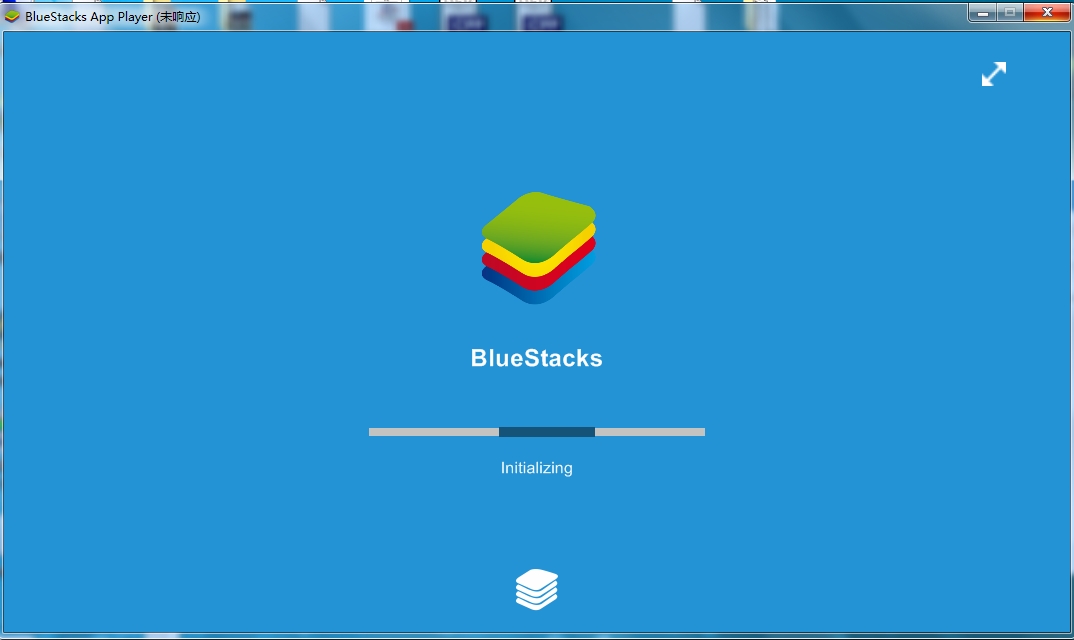

I did some exploring, and I found the PSP ISO files were placed in my DCIM folder. Since BlueStacks is an Android emulator, the folders look exactly like the folders you would see on an Android device.

Exit the Media Manager and open the PPSSPP app. Once the ISO file has finished importing, you might get a message that says “ISO file extension isn’t supported.” Don’t panic. Locate a PSP ISO file saved on your PC and import it into BlueStacksĤ. Once you install the PPSSPP app on BlueStacks, import your PSP ISO files into BlueStacks. (Download the free version from the Google Play Store) I think BlueStacks’ in-game translator is on par with Google Translate. This has made me thankful otome can be very formulaic. Because even when certain words or sentences have been confusing, I’ve been able to understand a lot from the context. It also helps to be VERY familiar with otome tropes, lol. It helps to have some knowledge of Japanese. The translations aren’t perfect, but I’m able to understand most of them. For whatever reason, some games translate better than others. I’ve tested it out on a variety of games, and I’ve noticed the translation quality depends on the game. Then click on the screen to proceed to the next line of text, and repeat with CTRL+SHIFT+L to translate. Read the translation and then close the overlay when you’ve finished. Pressing CTRL+SHIFT+L will create a quick overlay with the translated text. Simply run the game and press CTRL+SHIFT+L to translate the text on the screen. Or install the game’s APK file directly into BlueStacks. Just download games straight from the Google Play Store, QooApp, TapTap, etc. This is the easiest Japanese game format to play and translate with BlueStacks, because it’s designed to run Android apps.


 0 kommentar(er)
0 kommentar(er)
